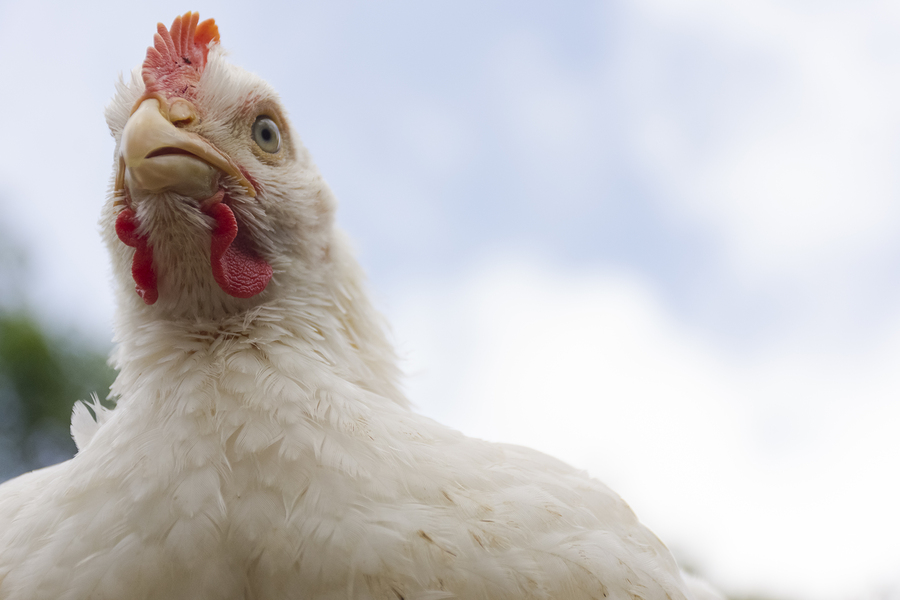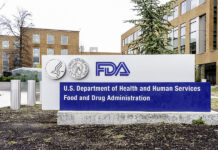
Amid escalating importance of improving animal welfare practices and consumer demand for transparency in the food industry, Campbell Soup and Nestlé have committed to improving the treatment of broiler chickens in their supply chain. Both companies aim to have new practices in full effect by 2024.
New standards
Nestlé USA plans to adhere to Global Animal Partnership (GAP) standards for their broiler chickens. This includes:
- Ending the use of lower-welfare breeds
- Giving chickens more room to roam to eliminate overcrowding by (six pounds per square foot)
- Providing cleaner chicken litter to prevent eye sores, flesh burns, and respiratory distress
- Improving lighting conditions by guaranteeing at least six hours of dark at night and higher quality light during the day
- Switching to controlled-atmosphere stunning
Campbell Soup will transition to using strains of birds approved by GAP or the Royal Society for the Prevention of Cruelty to Animals (R.S.P.C.A.). Both are respected organizations with favorable animal welfare outcomes.
Committing to improving animal welfare is no small feat
The food manufacturers made the commitment to improving animal welfare as a giant push toward maintaining a responsible and ethical supply chain all the way from farmer to consumer. Making these changes is a significant undertaking.
Niki King, director of responsible sourcing for Campbell Soup, said, “Changes such as these are complicated and require time, investment and partnership to succeed, and must align with our commitment to ensuring access to good, affordable food for our consumers.”
Future implications
These plans have obvious internal implications for Nestlé and Campbell Soup, but they extend far beyond that.
Martin Cooke, Ph.D., international head of corporate engagement at World Animal Protection, addressed the potentially far-reaching significance of Nestlés announcement. “As the world’s largest food company, Nestlé has the power to make large-scale changes to improve the lives of farm animals.”
These promises follow a pledge by both companies to make the switch to exclusive use of cage-free eggs.






![[eBook] Winning the Shelf Playbook](https://foodindustryexecutive.com/wp-content/uploads/2026/02/Winning-The-Shelf-Playbook-1-324x160.png)